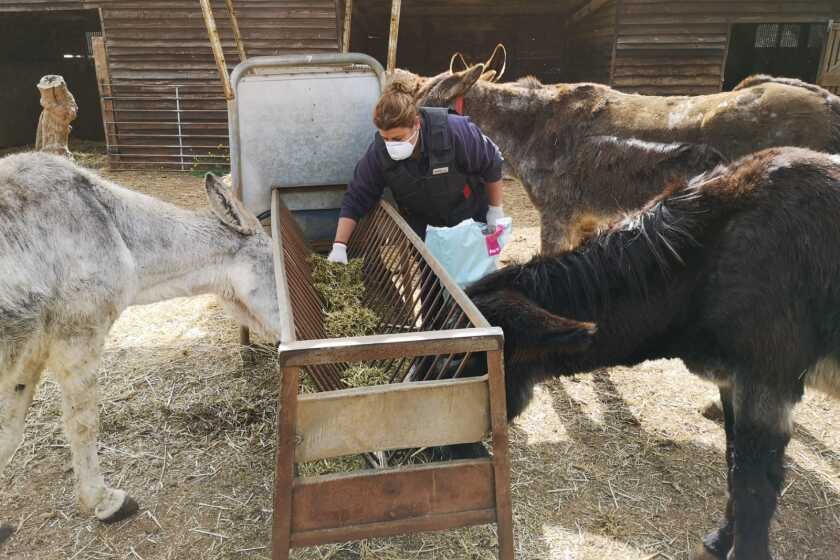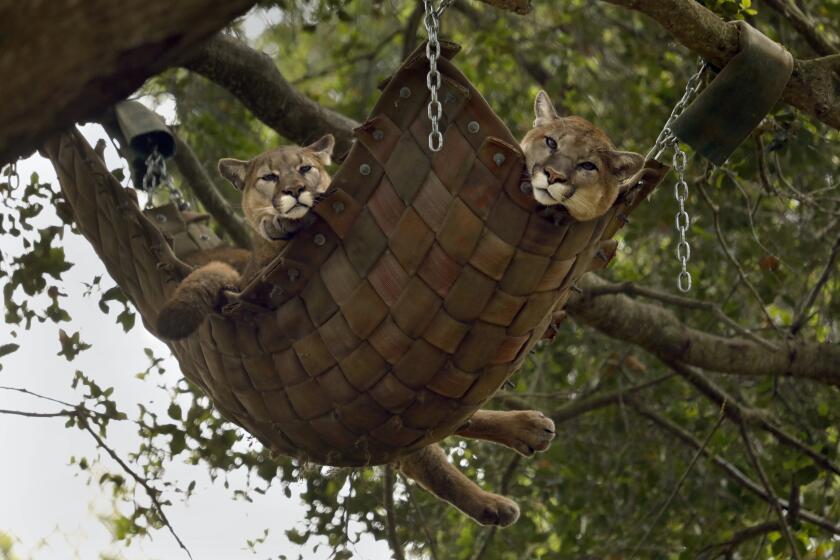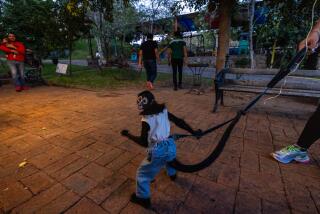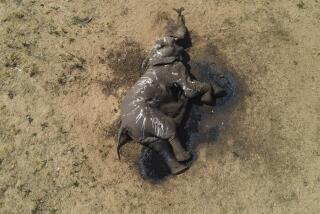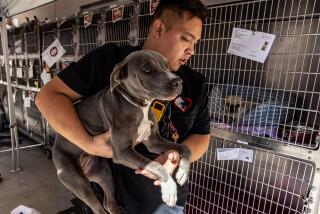Coronavirus drives Peru’s zoos to breaking point as animal feed runs out
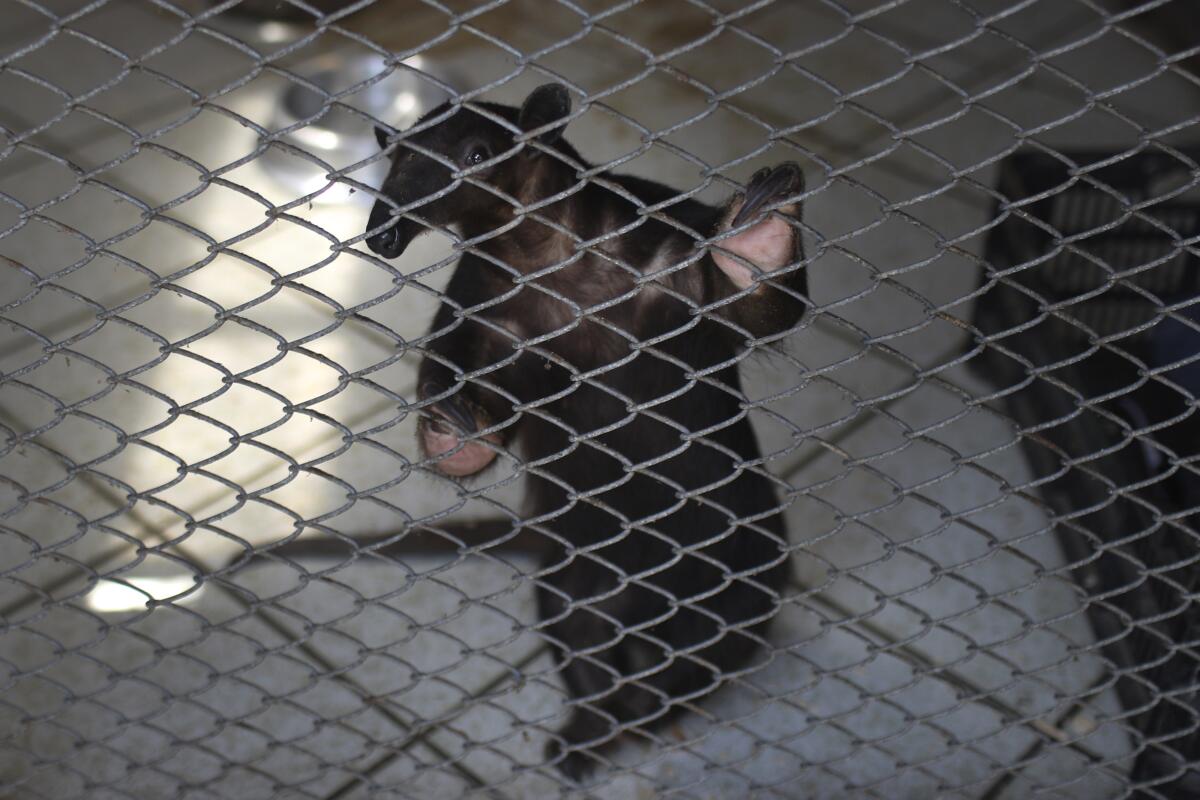
LIMA, Peru — The dozens of howler monkeys, macaws and sloths in a zoo called the Amazon Shelter in the jungles of Peru have enough animal feed to last for about two more weeks.
After that, their future during the coronavirus pandemic is uncertain.
The situation is the same for more than 140 breeding centers and zoos throughout Peru that have been left without income from paying visitors as quarantines designed to curb the spread of the coronavirus keep the public away.
Some operators of zoos and breeding centers are pleading for government help.
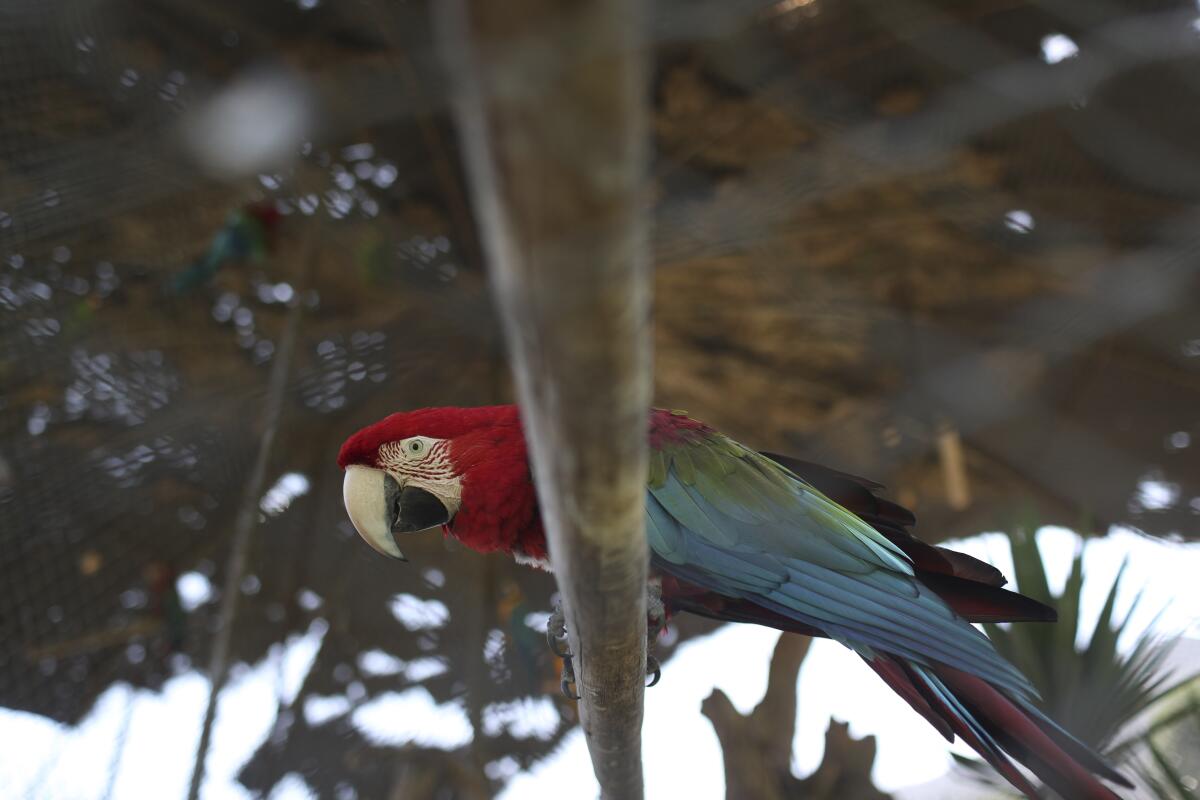
“We need the state to remember its wild animals,” said Magali Salinas, founder of the Amazon Shelter. For the last 15 years she’s been nurturing injured animals after police recovered them from traffickers.
Salinas, 63, who is already indebted to five banks, believes Peru’s government should step in to help save the animals, which will otherwise starve to death or have to be killed.
“The animals can’t wait.”
— Manuel Cabrera
Animal sanctuaries in Spain are seeing an increase in abandoned animals as owners become sick or die from COVID-19.
“Do you think it’s just 15 years of my life that I have dedicated myself to rehabilitating fauna so that later, due to this terrible problem, the state shuts down and cannot give a contribution to support us?” said Salinas, who says she’s saved animals wounded by shotgun pellets and mended bones broken from human cruelty.
Peru is one of the countries in Latin America hardest hit by the coronavirus, with at least 19,250 confirmed illnesses and 530 deaths.
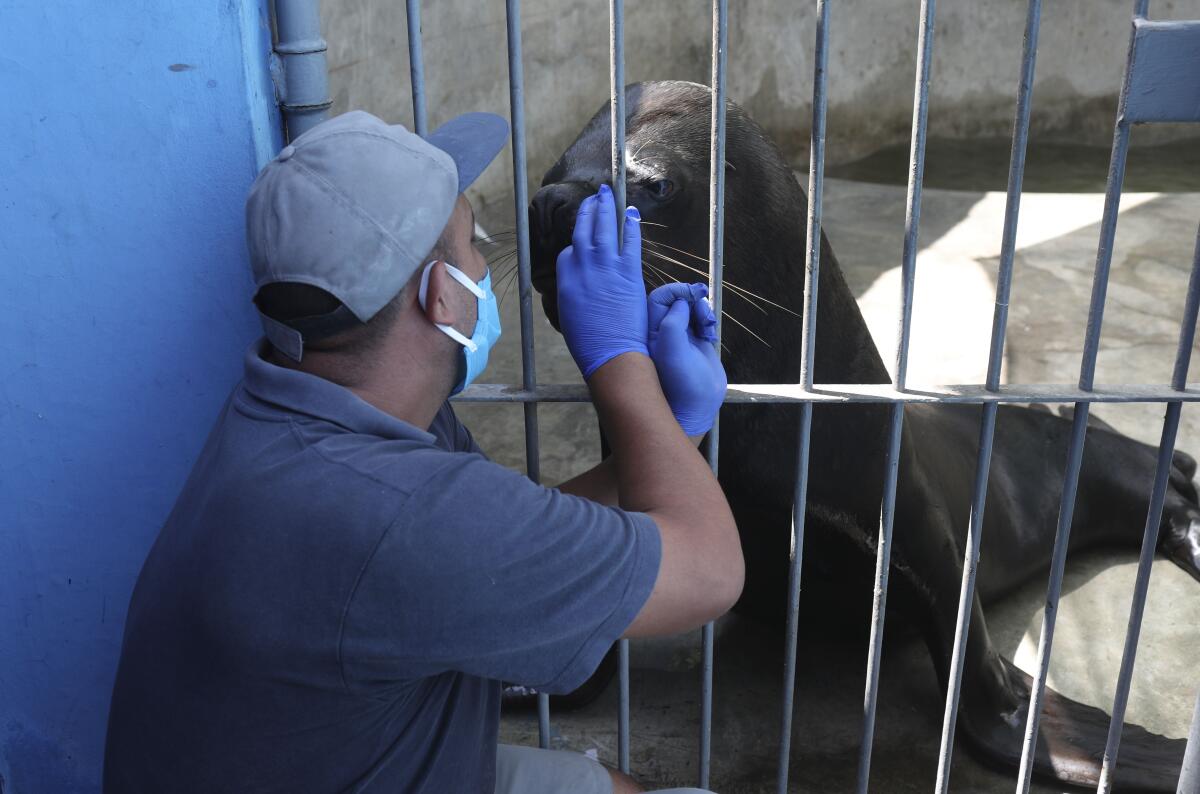
Zoo operators in Peru care for about 4,000 animals that police rescued each year from traffickers.
Desperate for assistance, leaders of some shelters and zoos recently sent a letter asking for help from Peruvian Minister of Economy María Alva. They’re still waiting for a response.
As people shelter in place amid the pandemic, zoos have lost ticket revenues needed for a major expense — feeding animals.
Hunger is encroaching on animal shelters, even the smallest ones like the zoo inside the Cogollo Portuario club on the outskirts of Lima.
“We are condemned not to open until the end of the year,” said Manuel Cabrera, who runs the club that in past years brimmed with visitors eager to visit the animals.
Today, however, the tree-lined walkways around the animal exhibits are empty. So are the club’s coffers, Cabrera said, adding that the pandemic has left the animals in a fight for survival.
“The animals can’t wait,” Cabrera said.
More to Read
Sign up for Essential California
The most important California stories and recommendations in your inbox every morning.
You may occasionally receive promotional content from the Los Angeles Times.
